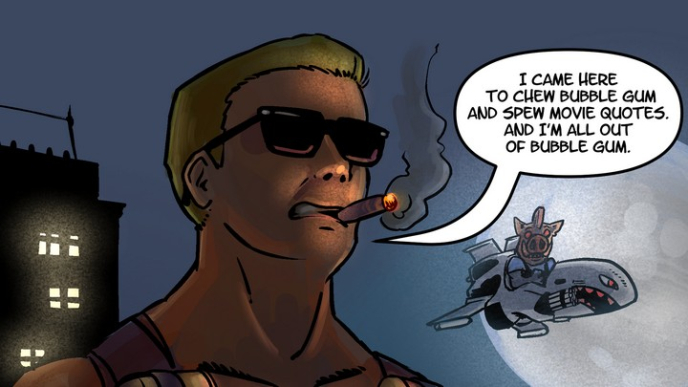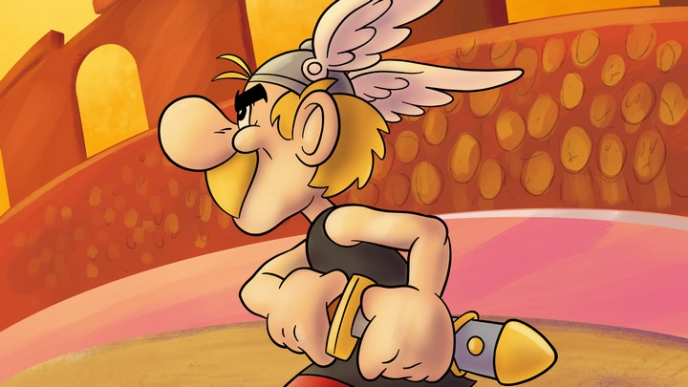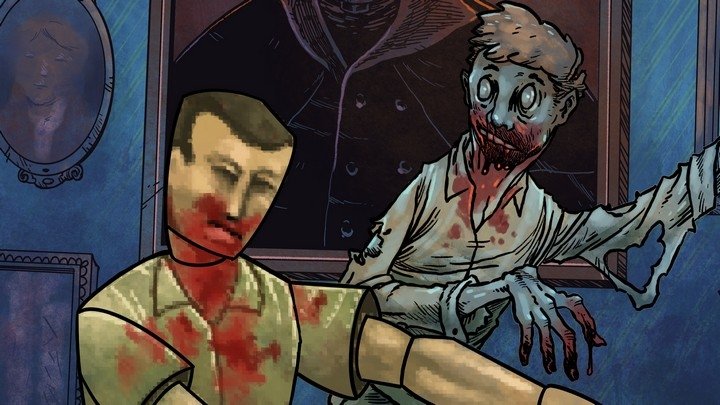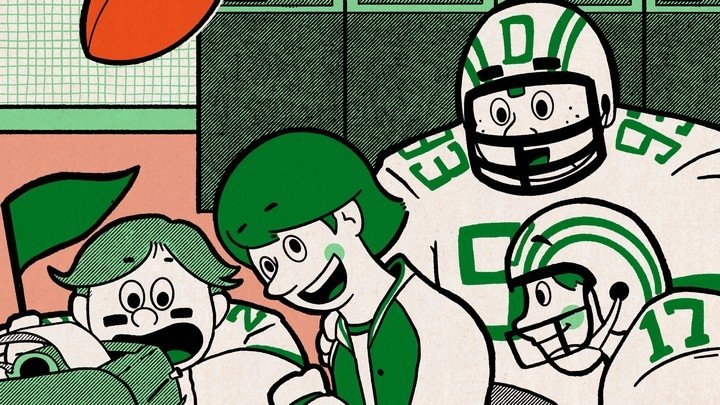Review: Atari 50 raises the retro compilation bar
With one simple ingredient, Digital Eclipse take you back in time
It would be difficult to pretend that I haven't been a Digital Eclipse fanboy for quite a while now. The Mega Man Legacy Collection was the first faltering step into what I hope is a new normal. Indeed, Capcom got the hint and stepped things up for their own subsequent X/Zero Mega Man compilations, ofering the same mixture of quality of life features alongside copious amounts of high resolution artwork. It's nice that it stuck, but Digital Eclipse continued to evolve the style, most notably in the Disney Classic Games Collection which offered not only the usual artwork and interviews, but a hand-held guide through them, a museum depicting the process of creating a single game at a time.
Alongside these aesthetic gifts, Digital Eclipse put in the work to make their releases the best they can possibly be. Disney's Aladdin was given a Final Cut version that fixed up timing and added in new areas, previously dummied out in the source code. The Blizzard Arcade Collection saw Digital Eclipse craft definitive takes on Rock 'N Roll Racing, The Lost Vikings and Blackthorne. These were not just "rom dumps", as the ungrateful community is want to dismiss retro re-releases. These were preservations.

Which brings us to Atari 50. Why this long preamble? It's necessary to give Atari 50 context; notably, it's in giving context that Atari 50 excels and becomes something very, very special indeed. Readers, I've played every goddamn retro compilation ever made, probably. Believe me when I tell you that I do not say this lightly.
Atari 50 is, without question, the greatest retro compilation ever made. To call it a retro compilation does it a disservice, even, because this is not necessarily about playing games in the traditional sense. Of course, that's an option, but the meat of Atari 50 is in its take on Digital Eclipse's "Museum" feature. Here, you're presented with a digital timeline covering each era of Atari, from humble beginning to happy successes to hubristic failure. As you journey through the timeline you're presented with a jam-packed set of games - over 100 - but the point is that you're also told why these games matter. Through captions, quotes, video interviews, images and scanned instruction manuals for every game, you are given the knowledge that compilations so often discard. I've played many Atari compilations before which simply present the player with the likes of Super Breakout then leave them to it. Right, I get it, it's a shitty old Breakout game, right? Atari 50 shows you what came before. It shows you what came after. It tells you why it matters.

If that were it, we'd still be looking at something revolutionary. The games are curated masterfully, curated to tell stories. Both the Atari 7800 and Atari Lynx versions of Scrapyard Dog are on here, along with - of course - an explanation for why, a positioning of even this unremarkable (but still fun) platformer within the history of Atari. There's Jaguar software here too, commercially released for the first time since the console's initial bow. There's even a replication of a bespoke handheld toy that plays a game not unlike Simon. It's here because it matters, you see. Digital Eclipse love this stuff, and that love seeps out of every corner of Atari 50.
Six new games are also included, takes on previous Atari titles given a fresh lick of paint and new rules. And even more context. The outstanding VCTR-SCTR sees you flying through a potted history of Atari's vector-based games, many of which are included here. A new take on Haunted House sees the experience simplified without losing its heart. Quadratank takes the iconic 2600 title Combat and makes it a four-player bust-up. An enhanced version of Yar's Revenge showcases just how playable Howard Scott Warshaw's magnum opus still is, by upgrading the visuals while leaving the gameplay more or less untouched.

That's not all, of course. I won't sit here and reel off the games, because that wouldn't be in the spirit of Atari 50. I could say it's not about the games, but, of course, it is. And that's what makes it so brilliant. Dedication to why these games still matter. A history of not just Atari, but of the games industry, of games culture. With Atari 50, Digital Eclipse have successfully rejuvenated, justified, lionized what has, let's face it, been something of a tainted brand in the past. That's not true anymore. How can it be? Evidence for the defence; Atari 50 is the definitive act of retrogaming presentation and preservation since the dawn of the hobby. That's all there is to it. Nothing lesser will ever be accepted again. Atari Flashback hasn't a leg to stand on. There's stuff I haven't even mentioned. Unbelievably exciting stuff that you will simply have to discover for yourself.
I wrote a fairly long paragraph looking for downsides, but I deleted it when I realised they were all borne of wanting to see more and more Atari titles receive this same treatment. Over 100 here, over 100 games finally able to exist the way they used to. Atari 50. Peerless quality and quantity, and revolutionary autonomy. With this, Atari officially matters again.




